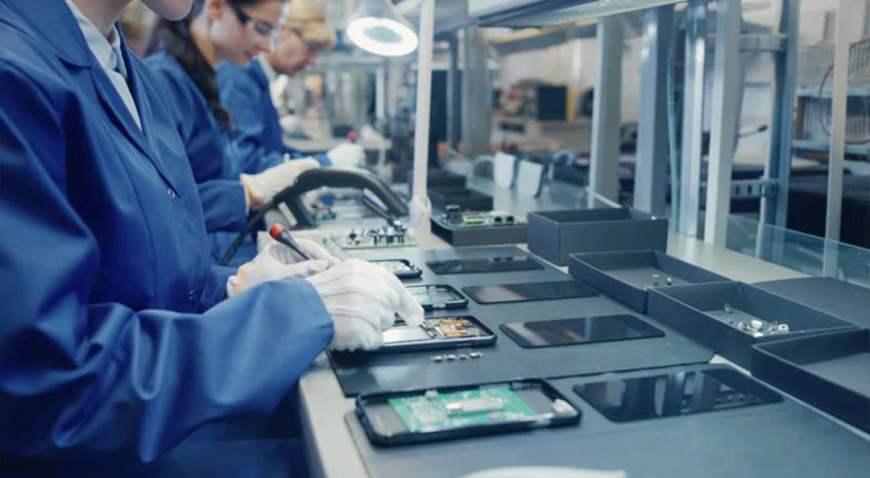Local Mobile Phone Manufacturing in Pakistan Falls 46% in August 2025
PTA reports Pakistan’s local mobile phone manufacturing fell 46% in August 2025 to 1.94M units, yet YoY output remains 30% high

Pakistan’s local mobile phone industry saw a sharp slowdown in August 2025, as manufacturing and assembly dropped 46% month-on-month (MoM) to just 1.94 million units, according to data from the Pakistan Telecommunication Authority (PTA).
The decline comes after a record-breaking July, when factories had cleared backlogs and boosted production ahead of seasonal demand. Despite the steep fall, local manufacturers still managed to meet 94% of the country’s total mobile phone demand during the first eight months of the year—an indicator of the sector’s resilience.
On a year-on-year (YoY) basis, the trend remains positive. August output was 30% higher than August 2024, when sales were depressed due to excessive pre-buying and the imposition of an 18% GST under the FY25 budget. Market analysts at Topline Securities suggest that consumers held back purchases in August this year, anticipating new model launches from major brands in September and October.
From January to August 2025, Pakistan recorded 19.77 million locally assembled phones, down just 3% YoY. Feature phones continued to dominate slightly, with 51% (10 million units), while smartphones made up 49% (9.7 million units). This near parity between smartphones and 2G devices highlights both the steady growth of digital adoption and the ongoing reliance on affordable, basic models.
Brand leaders have also emerged clearly this year. VGO Tel led the pack with 2.33 million units, followed closely by Infinix at 2.24 million, Vivo at 1.75 million, Itel at 1.53 million, and Xiaomi at 1.16 million. Other key players in the local assembly ecosystem include Tecno, Samsung, Q Mobile, Nokia, and G’Five—brands that continue to compete aggressively across the mid- and entry-level price ranges.
Looking forward, Topline Securities expects the market to grow 7–8% YoY over the next 12 months, driven by easing inflation, improved consumer sentiment, and the arrival of new smartphone models from global players like Samsung and Xiaomi. Domestic firms such as Airlink Communication and conglomerates like Lucky Cement, which have invested in mobile assembly, are also expected to benefit from this upward trajectory.
While the August dip highlights short-term demand softness, the underlying trend suggests that Pakistan’s local assembly industry is still on course for steady expansion, balancing consumer affordability with brand innovation and government policy support.

 Israr Ahmed
Israr Ahmed